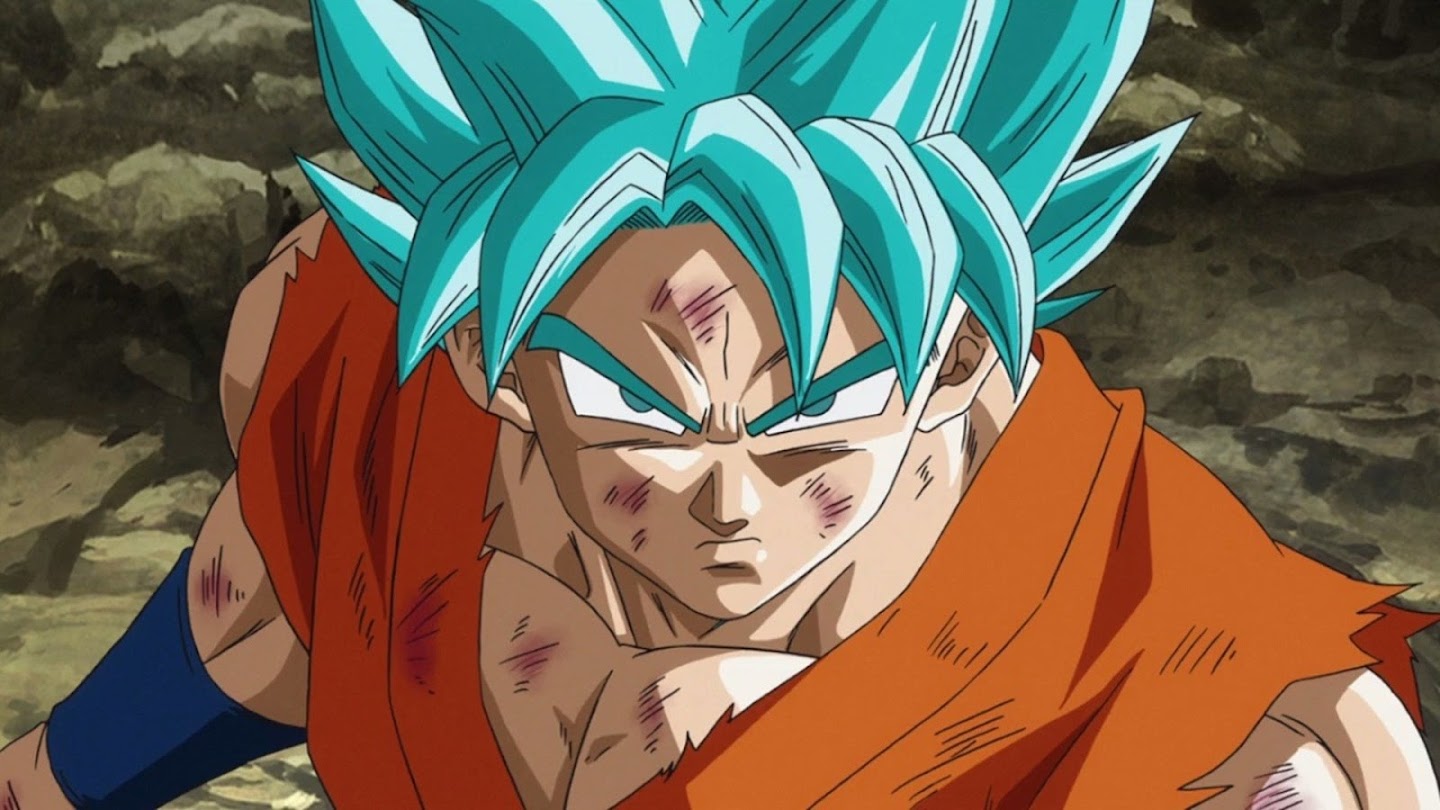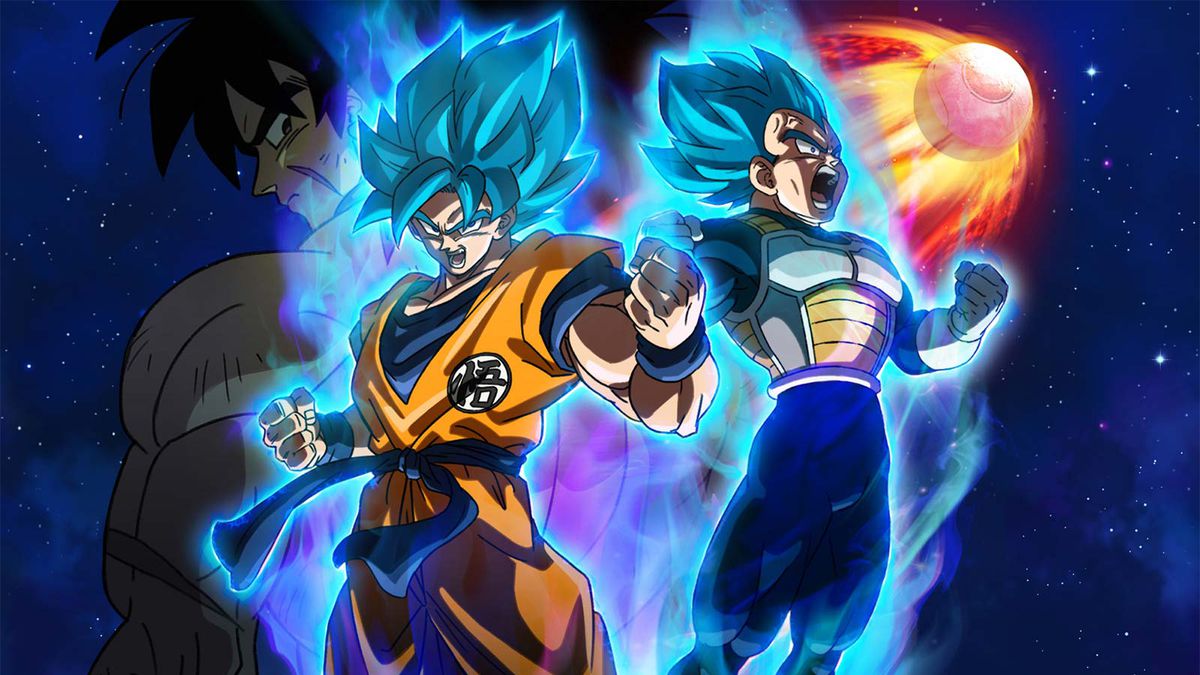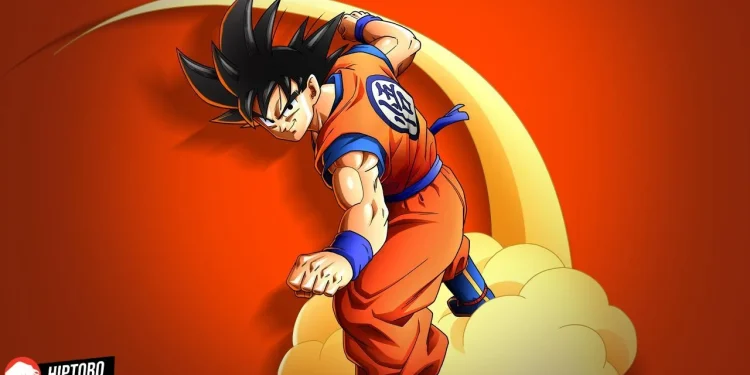In the vibrant world of anime, few series have captured hearts and imaginations quite like “Dragon Ball.” This legendary saga, chronicling the adventures of Goku and his friends, has transcended cultural and geographic boundaries to become a global phenomenon.
But beyond its entertainment value, “Dragon Ball” has found itself at the center of an intriguing discussion: Can a television series influence societal behavior and even reduce cartel activity? This question, sparked by a meme suggesting that “Dragon Ball” releases lead to a dip in cartel crimes in Latin America, invites us to explore the intersection of pop culture and real-world impact.

The Origin of an Unusual Theory
A Cultural Phenomenon with Real-world Implications
“Dragon Ball’s” influence stretches far beyond its narrative scope, embedding itself deeply within the cultural fabric of Latin America. The anime’s immense popularity in this region is not just a testament to its compelling storytelling and characters but also to the unique cultural reception of anime in Latin America. Unlike the heavily censored versions of anime series that reached North American audiences in the late ’80s and early ’90s, Latin American fans experienced these stories in their uncut glory, fostering a deep appreciation and love for the medium.
The phenomenon reached a pinnacle with the “Dragon Ball Super” finale, which was publicly screened in multiple Latin American countries, drawing thousands of fans. These events, while serving as communal celebrations of a beloved series, also underscored the potential of popular culture as a tool for social engagement and community building.
The initiative by officials in cities like Juarez, Mexico, to host these screenings was more than an entertainment event; it was a strategic move to engage the youth in positive communal activities, potentially diverting attention from the allure of criminal involvement.
Dokkan Festival Is On!
After Dokkan Awakening, Goku Black (Super Saiyan Rosé) can create a Domain with his Active Skill![For more details, please kindly check out the in-game announcement.]#dokkanbattle #dokkanbattleglobal #dokkan #dragonball #dragonballsuper #dbs pic.twitter.com/qxAYRiwGcH
— Dragon Ball Z Dokkan Battle (@dokkan_global) February 22, 2024
Dispelling the Myth: The Reality Behind the Meme
Despite the heartwarming narrative, the claim that “Dragon Ball” releases have a tangible effect on reducing cartel activity remains unsubstantiated. No studies or official data support the notion that the airing of new “Dragon Ball” episodes directly influences crime rates.
The increase in homicides in Mexico in 2018, despite the massive popularity of “Dragon Ball Super,” further challenges the meme’s accuracy. However, the significance of these screenings in fostering a sense of community and providing a safe space for fans cannot be understated.

The True Power of “Dragon Ball”
While it may be a stretch to credit “Dragon Ball” with combating cartel violence directly, the series’ role in shaping cultural identity and community cohesion is undeniable. “Dragon Ball” has inspired countless fans worldwide, offering lessons in resilience, friendship, and the triumph of good over evil. These themes resonate deeply with viewers, providing a form of escapism and, perhaps more importantly, a sense of belonging.
The story of “Dragon Ball” and its unintended association with cartel activity in Latin America is a fascinating exploration of how pop culture can intersect with real-world issues in unexpected ways. It highlights the power of storytelling to unite people, offering a glimpse of how fictional heroes can inspire real-world change, even if not in the ways we might initially imagine. Goku and his friends continue to fight battles on screen, but their greatest victory may lie in the hearts of fans who see in them a source of hope and unity.










